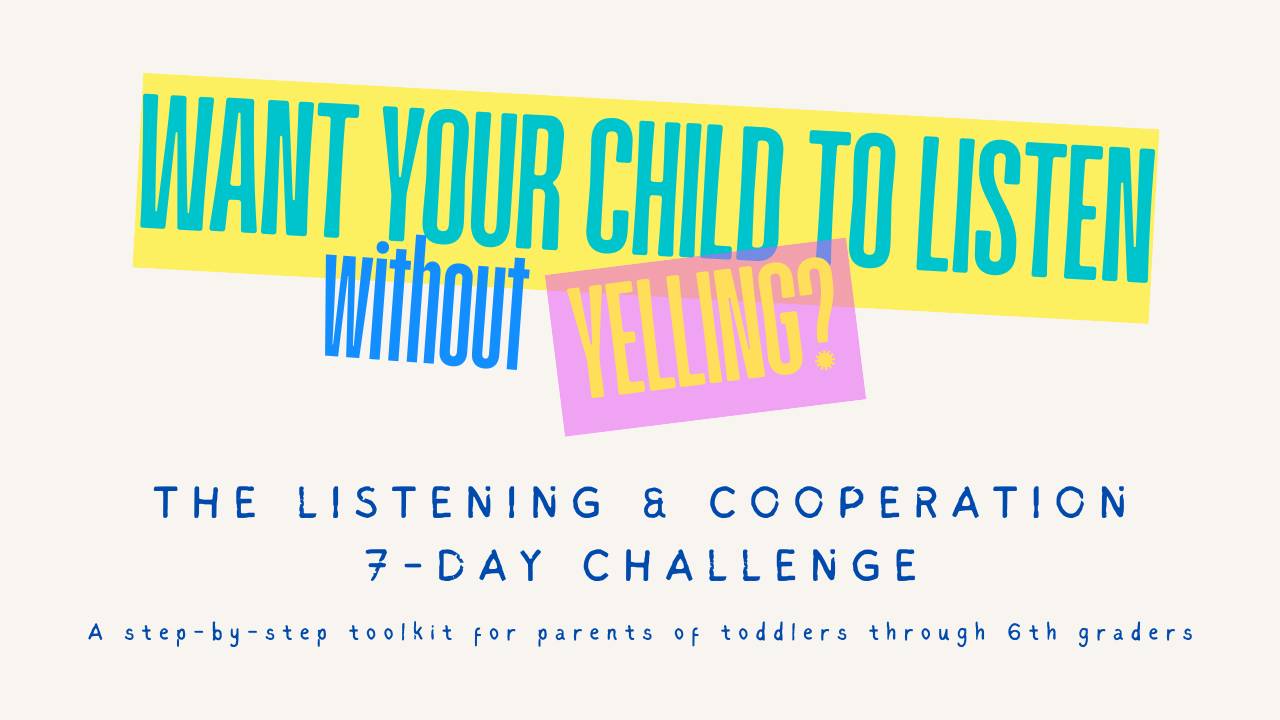How to Prepare Your Child for School
Aug 26, 2025
With September quickly approaching, the prospect of preparing your child for school might seem daunting. However, with the right strategies and consistent implementation of Applied Behavior Analysis (ABA) techniques, you can help your child build essential skills to thrive in a school environment. In this blog post, we'll explore practical ABA strategies that parents can easily implement at home to prepare their child for school, along with common struggles you may encounter and corresponding solutions.
Establish a Structured Routine
Creating a structured daily routine can provide predictability and stability for your child, laying the foundation for a smooth transition to the school environment.
Does your child have difficulty with transitions between activities, leading to meltdowns or resistance? Use visual schedules or timers to signal upcoming transitions, gradually increasing the time between transitions to build tolerance.
Does your child have difficulty following a schedule or understanding expectations?
Break down the daily routine into simple, visually represented steps, and provide clear verbal prompts or visual cues to guide your child through each activity.
Foster Communication Skills
Effective communication is crucial for success in school. Focus on building your child's communication skills, including expressive and receptive language abilities.
Does your child have limited verbal communication skills, leading to frustration or difficulty expressing needs?
Use visual supports such as an AAC device or PECS (Picture Exchange Communication System) to supplement verbal communication and teach your child alternative, appropriate ways to express themselves.
Does your child have difficulty understanding spoken instructions or following classroom directions?
Practice following simple instructions at home using visual aids and provide positive reinforcement for cooperation. Gradually increase the complexity of instructions as your child progresses.
Develop Social Skills
Social interaction is a fundamental aspect of the school experience. Help your child develop social skills to navigate peer interactions and build meaningful relationships.
Does your child have limited interest in or understanding of social cues, leading to social isolation?
Facilitate structured playdates with peers, providing opportunities for social interaction in a controlled environment. Use role-playing or social stories to teach your child about common social scenarios and appropriate responses.
Does your child have difficulty with sharing, taking turns, or cooperating with others?
Practice turn-taking and sharing during play activities at home, using visual timers or prompts to facilitate transitions. Provide praise and reinforcement for cooperative behavior.
Teach Self-Help Skills
Independence in self-help skills, such as toileting, dressing, and feeding, is essential for school readiness. Focus on teaching your child these skills to promote autonomy and confidence.
Does your child have resistance to or difficulty with self-help tasks, leading to dependence on caregivers?
Break down self-help tasks into manageable steps and provide visual prompts or guides to support independence. Use positive reinforcement to motivate and encourage your child's efforts.
Are sensory sensitivities or motor challenges affecting your child’s self-help skills?
Create a sensory-friendly environment for self-help tasks, incorporating accommodations such as adaptive equipment or sensory breaks. Consult with occupational therapists for specialized support and strategies.
By implementing these ABA strategies consistently and with patience, you can help prepare your child for a successful transition to school. Remember to celebrate progress, no matter how small, and seek support from a BCBA or support groups if needed. With your dedication and the right tools, you can empower your child to thrive in the school environment and beyond.
UNLOCK YOUR FREE TOOLKIT NOW: ENHANCE YOUR CHILD'S PLAY & LANGUAGE SKILLS TODAY!
Simply enter your email address to get instant access.


